#the crying game
Explore tagged Tumblr posts
Text










— Ask to meet me again, Jimmy. — Do you think that's wise? — Nothing's wise.
The Crying Game — 1992 written & directed by Neil Jordan
#the crying game#jordan#queer cinema#mine#mine:film#mine:lgbt#op#userbunneis#tuserju#userlgbtq#filmedit#cinemasource#cinematv#cinemapix#dailyflicks#fyeahmovies#filmtvtoday
275 notes
·
View notes
Text

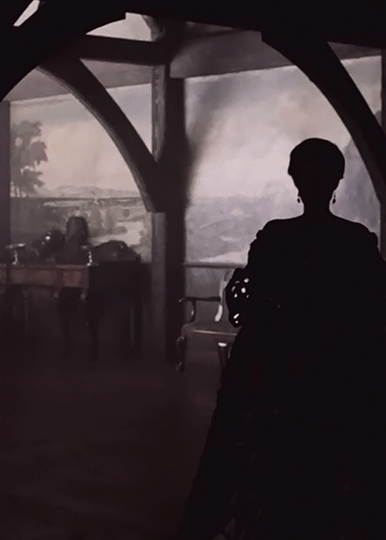

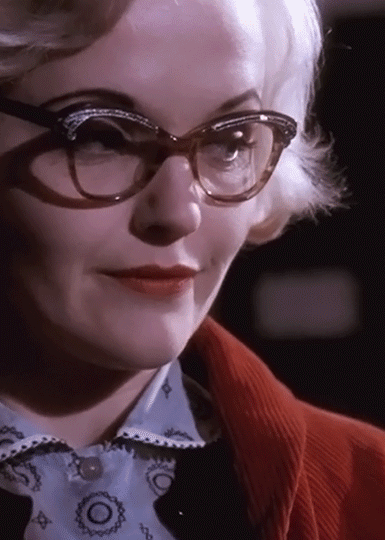
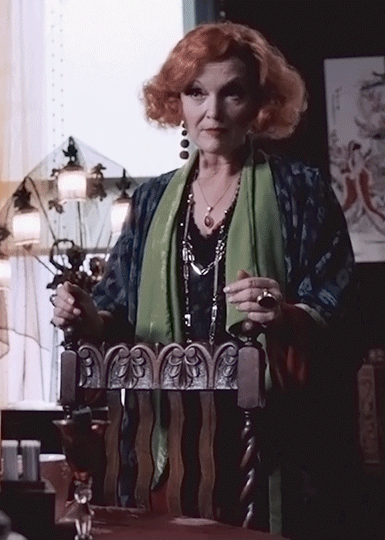


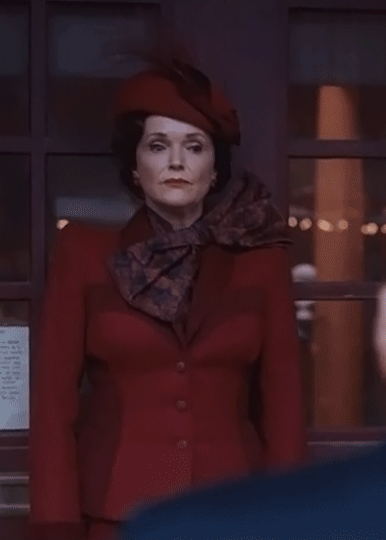
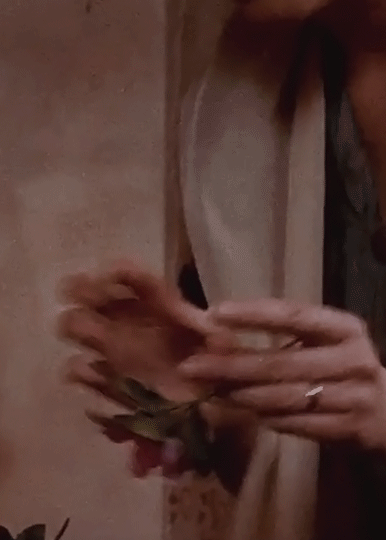

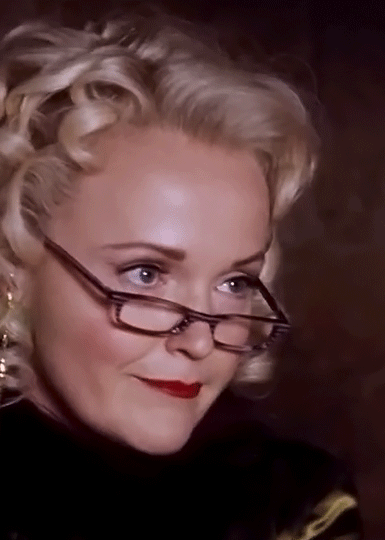
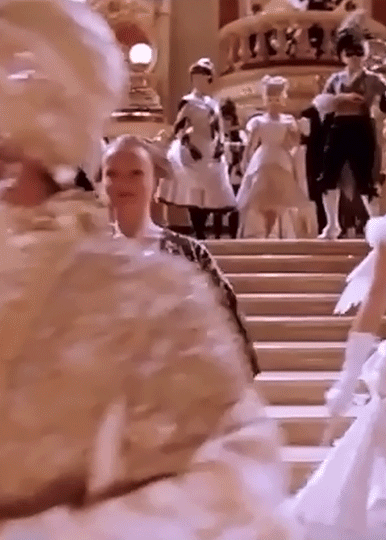
Miranda Richardson
Blackadder - 1986
Sleepy Hollow - 1999
Merlin - 1998
Dance With a Stanger - 1985
Good Omens (Season One) - 2019
The Crying Game - 1992
Snow White: The Fairest of Them All - 2001
Good Omens (Season Two) - 2023
Enchanted April - 1991
Damage - 1992
Harry Potter and the Goblet of Fire - 2005
Phantom of the Opera - 2004
#Miranda Richardson#Blackadder#Sleepy Hollow#Merlin#Dance with a Stanger#Good Omens#The Crying Game#Snow White: The Fairest of them all#Good Omens 2#Enchanted April#Damage#Harry Potter and the Goblet of Fire#Phantom of the Opera#Queenie#Lady Van Tassel#Queen Mab#Ruth Ellis#Madame Tracy#Jude#Queen Elspeth#Shax#Rose Arbuthnot#Ingrid#Rita Skeeter#Madame Giry#my gifs#Actress edits#mredits#I've loved Miranda longer than time has had meaning in my life#Miranda is PERFECT as Rita! I'm still mad af it's been tainted and I can't enjoy it anymore
343 notes
·
View notes
Text

#movies#polls#the crying game#crying game#90s movies#neil jordan#stephen rea#miranda richardson#jaye davidson#forest whitaker#adrian dunbar#requested#have you seen this movie poll
70 notes
·
View notes
Text





THE CRYING GAME | 1992 dir. Neil Jordan
16 notes
·
View notes
Text
Rediscovering forgotten LGBTQ+ movies pt3 🏳🌈🌈🎞
The Crying Game 1992 💖💖💖





'A British soldier kidnapped by the IRA soon befriends one of his captors, who then becomes drawn into the soldier's world.'
A classic, one of the first movies to tackle in such sensitive way the love life of a transgender woman. Beautifully acted by all the actors. A must-see movie. 💖🥰🌈🏳🌈
Here's the theme song sang by Boy George...
youtube
#gay cinema#gay love#gay couple#movies recommendations#love is love#lgbtq community#gay romance#lgbtq#Youtube#lgbt drama#gay culture#gay history#loveislove#transgender#lgntqia#the crying game
6 notes
·
View notes
Text

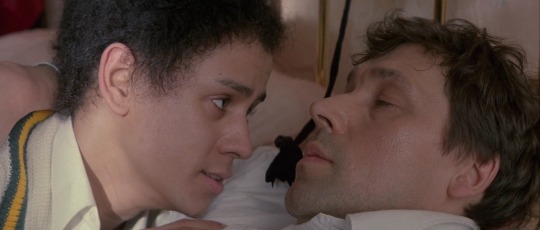
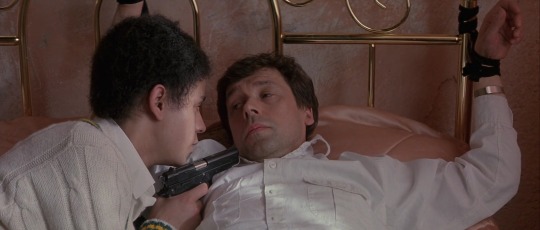
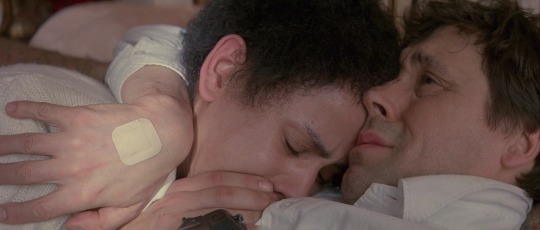
20 notes
·
View notes
Text
youtube
The Crying Game - Boy George
2 notes
·
View notes
Text
Happy 75th Birthday to Academy Award Winning screenwriter, BAFTA Nominated filmmaker, Emmy Nominated filmmaker Neil Jordan! ^__^
#geek#film#blog#happy birthday#pop culture icon#filmmaker#academy award winner#neil jordan#the crying game#mona lisa#interview with the vampire#breakfast on pluto#end of the affair#irish cinema#uk cinema#geek with clip ons#i review stuff#irs
2 notes
·
View notes
Text







The Crying Game — 1992 dir. Neil Jordan
#the crying game#jordan#queer cinema#mine#mine:film#mine:lgbt#op#userbunneis#tuserju#usermichi#userlgbtq#filmedit#cinemasource#cinematv#cinemapix#dailyflicks#fyeahmovies#filmtvtoday
161 notes
·
View notes
Text
So I'm reading Say Nothing by Patrick Radden Keefe, this book is about the IRA and the troubles in Northern Ireland during the seventies and eighties. Anyway looking a bit ahead of the book I saw a picture of Stephen Rea (from movies like The Crying Game, V for Vendetta, Interview with the Vampire, The Company of Wolves and many others) with Dolours Price one of the main subjects of the book who was responsible for a series of car bombings in London in the 70s, and even after going to prison she was a very controversial public figure due to the hunger strikes and Margaret Thatcher's involvement in her release.

Seeing the picture I thought she was probably a consultant for the movie The Crying Game after she got out of prison and maybe that's a photo of them during production?
But no, I reached that part of the book and they didn't work together.
HE MARRIED HER.
And he was already a pretty well known actor at this point. Like wtf. How didn't anyone told me that oscar nominee Stephen Rea was married for 20 years with a convicted terrorist?
13 notes
·
View notes
Text



Riki Wilchins on The Crying Game (1992)
#riki wilchins#riki anne wilchins#the crying game#the crying game 1992#jaye davidson#transgender#look i have mixed feelings about the film#for obvious reasons#but parts were absolutely powerful#and these words are powerful
54 notes
·
View notes
Text










the crying game, neil jordan 1992 (german dubbed)
#the crying game#neil jordan#1992#stephen rea#forest whitaker#angel#el enigma del ataúd#last exit to brooklyn#the tenant#the matrix#the general line#material#buw#planbar#9/11#abu ghraib#singapore sling
4 notes
·
View notes
Text

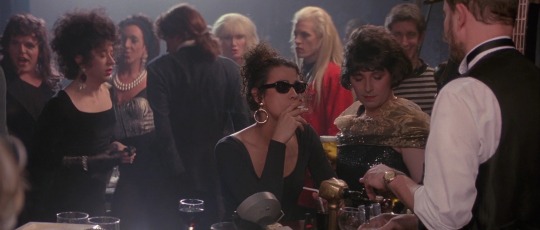
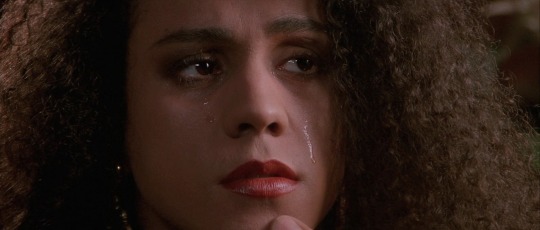

15 notes
·
View notes
Text

Forest Whitaker and Stephen Rea in The Crying Game
6 notes
·
View notes
Text
Bonus Canon LGBTQ+ Character of the Day

Dil (The Crying Game)
3 notes
·
View notes
Text
If you follow movie opinions in social media—and more power to you if you're wise enough to do otherwise—you might have caught some discourse on the current hit film Oppenheimer addressing its sex scenes. Specifically, some folks online asserted that the sex scenes weren't "necessary," or didn't "advance the plot." And if you care at all about the art of filmmaking, the only possible response to these comments would go something along the lines of, "Oh noooooooo."
This will not be a rant about Puritan attitudes surrounding cinematic sexuality, although there are entire books to be written about that subject. Instead, I'm concerned about this as a microcosm of a bigger problem, one that is absolutely murdering the ability to talk thoughtfully about narrative art forms like movies, television, theater and books: the way anything with a story has been reduced to a level of "what happens."
If there's any place where this idea manifests most prominently, it's in the obsession with "spoilers" regarding any new piece of narrative storytelling. People like me who write about new releases often dodge talking about certain revelations as a matter of courtesy, but I've started to wonder if doing so is contributing to an infantilization of critical thinking. Every time we emphasize the fact that we're not going to talk about certain things, we inevitably emphasize their role in the overall experience. It's a cult of the "what happens," at the expense of the how it happens.
This notion was at the forefront of my mind recently when I watched for the first time the classic 1949 film noir The Third Man. By virtue of being immersed in the world of film, I was aware that certain plot developments were coming, in the same way that even someone who has never seen The Crying Game or The Empire Strikes Back or The Sixth Sense has probably absorbed from popular culture their respective third-act bombshells. Yet it never once occurred to me that I shouldn't watch The Third Man simply because I was already aware of some of the secrets of Harry Lime. There were so many other filmmaking elements to experience—performances, bits of dialogue, cinematography—besides those that could be contained in a Wikipedia plot summary. The movie was much more than that.
Yet we've become obsessed—perhaps even more so in the era of eternal serialized storytelling like the Marvel Cinematic Universe—with the essence of a movie being the "what happens" part. This damages aesthetic appreciation for a lot of reasons, but nowhere more clearly than with regard to movies and other stories where the artist is up to something more complicated than telling a simple story, as is the case with filmmakers like David Lynch. I studied literary criticism before getting into film, and there has always been a popular stigma around experimental works like James Joyce's Ulysses, which while it certainly included components of a narrative—it is, in the most rudimentary sense, a novel about what happens to one man over the course of one day—did so in unusual ways. Does it "advance the plot" that Joyce spends an entire chapter of Ulysses describing events in the question-and-answer format of a catechism? Not remotely. It is, however, a fascinating creative choice with thematic significance, just like the stream-of-consciousness chapter that closes the book from the point of view of protagonist Leopold Bloom's wife, Molly. Reading that chapter is an amazing experience for someone who loves literature, one that would be insanely oversimplified if you first encountered the book after having someone tell you, "Spoiler alert: Molly Bloom has an orgasm."
If you're interpreting all this as a blanket endorsement of letting loose with every possible plot revelation, you're missing the point. On any number of occasions, a narrative's impact on me has been amplified by lack of foreknowledge, and a sense of discovery. But the balance has been tipped too heavily in the direction of emphasizing plot—whether that means people behaving as though a story has been ruined by knowing something in advance, or by resisting aesthetic choices that are there simply to be aesthetic choices.
We can have a discussion about whether any given element of a movie, including a sex scene, works in the way the filmmakers intended. What we can't do is turn the discussion into one where that element is judged exclusively on its merits as a plot-driving mechanism. There's a whole world of art to experience beyond synopsis—and it's a world that can't be spoiled.'
#Oppenheimer#The Third Man#The Crying Game#The Empire Strikes Back#Marvel Cinematic Universe#David Lynch
5 notes
·
View notes